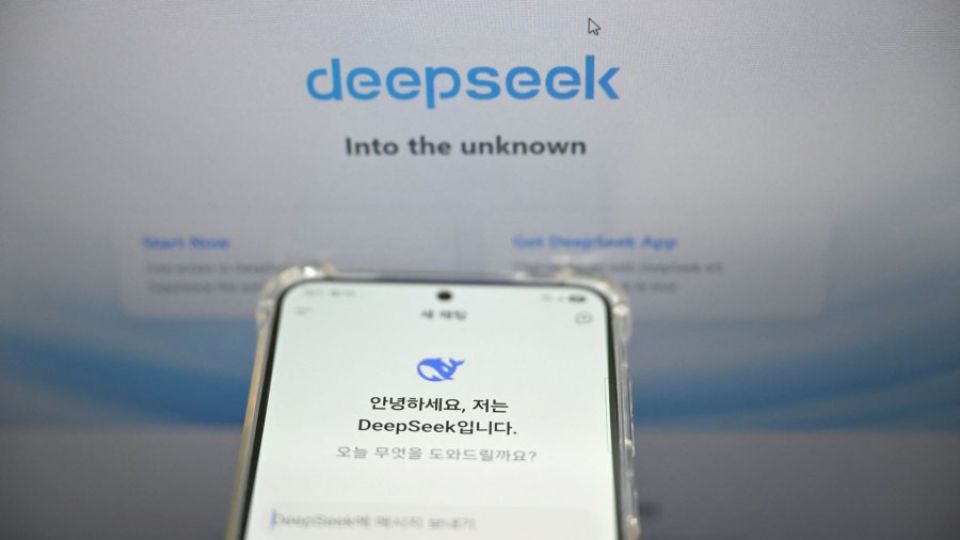February 20, 2025
JAKARTA – Indonesia is set to have its own large language model (LLM), similar to China’s DeepSeek, a suite of artificial intelligence models and chatbot apps, according to a senior presidential advisor.
National Economic Council (DEN) head Luhut Pandjaitan said on Tuesday that the initiative is part of a broader digitalization push to improve efficiency in the country.
An early version was expected to be presented soon to President Prabowo Subianto alongside the launch of Danantara, the country’s new sovereign wealth fund, he added.
“The President asked, ‘How successful is this?’ I told him, ‘If we don’t try, how will we ever know?’,” Luhut said during a panel discussion at the Indonesia Economic Summit hosted by the Indonesia Business Council at the Shangri-La hotel in Jakarta.
Read also: Tech leaders call DeepSeek ‘game changer’, but will it help RI catch up?
AI chatbots are computer programs designed to mimic human-style conversation.
Users can ask the bot questions and it then generates responses based on information it has been trained on and what it can access from the internet.
The Indonesian-made AI chatbot will support both Indonesian and English. Built by young local developers, the AI model will be cost-effective, Luhut noted, since it was open-source.
DeepSeek, the Chinese AI company launched in 2023, has drawn scrutiny from regulators worldwide.
DeepSeek’s viral AI models and chatbot apps have been banned in some countries over concerns over ethics, privacy and security practices.
In January, DeepSeek launched its latest model, R1, sparking buzz over its capabilities that are on par with ChatGPT, owned by California-headquartered OpenAI.
The announcement rattled United States tech stocks after DeepSeek claimed its AI cost a fraction of the money its competitors had spent on their own AI programs and because DeepSeek allows others to study and use the program’s code.
Indonesia is currently drafting new regulations on AI use as the technology gains traction in the country.
Communications and Digital Minister Meutya Hafid has vowed to finish drafting an AI regulation in the next three months under an effort led by Second Deputy Communications and Digital Minister Nezar Patria.
Google estimates that AI could contribute US$167 billion to the Indonesian economy by 2030, equivalent to 13 percent of the country’s 2022 gross domestic product.
Investor appetite for AI development grew significantly last year, with venture capital investment in the sector expected to top $45 billion globally in 2024, almost double the $24 billion booked in 2023, according to an EY report published in 2024.
Read also: RI at risk of falling behind in global AI development: Surveys
Nvidia, a leader in AI chip development, plays a role in AI growth by providing high-performance graphics processing units (GPUs) for cloud computing and model training.
Its AI Enterprise software is also being used to develop and refine Sahabat-AI, Indonesia’s first open-source LLM, developed by local telecommunications firm Indosat Ooredoo Hutchison (IOH) and domestic tech giant GoTo Gojek Tokopedia.
In November last year, Prabowo urged Nvidia Corporation CEO Jensen Huang to collaborate with Indonesian firms to develop AI technology in the country, as he emphasized the importance of AI for industrial and societal advancement.
Indonesia was also a stop on last year’s global tour of OpenAI CEO Sam Altman, who rose to fame with the launch of the ChatGPT language model in 2022. Altman used the opportunity to “meet with policymakers”, inviting them to take part in the process of determining benchmarks for AI deployment.


